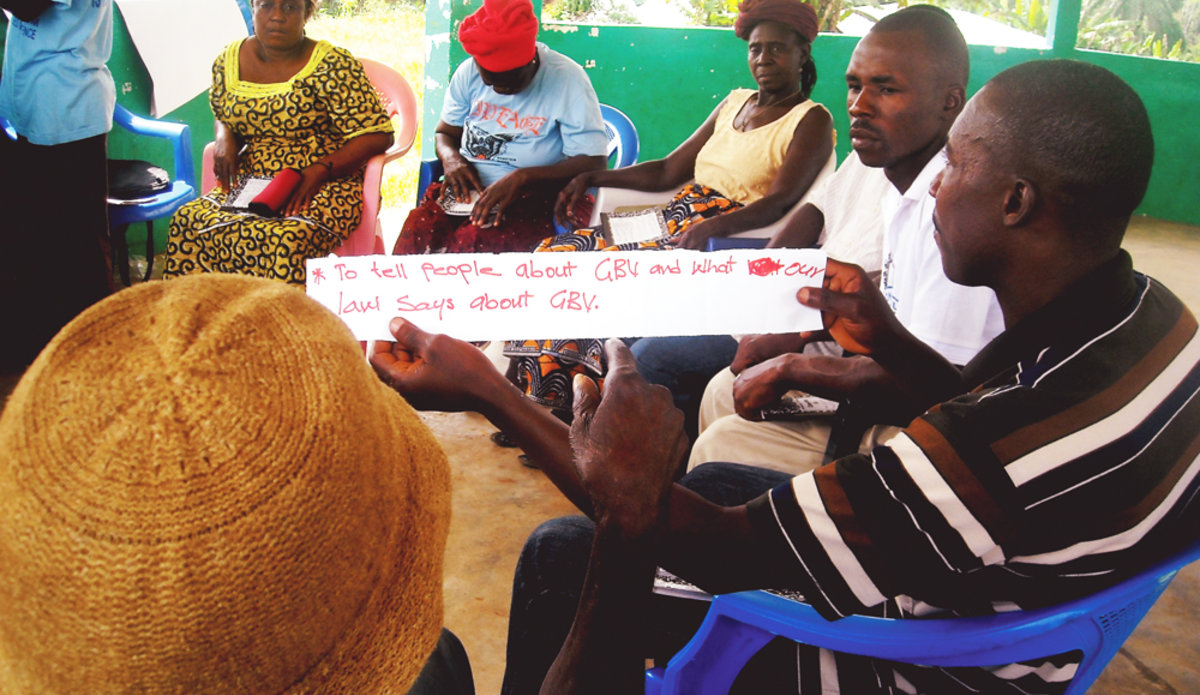Community-Based Networks Set up to Fight Gender-Based Violence
A new strategy to prevent gender-based violence has been designed and launched in six counties of Liberia -- Bomi, Gbarpolu, Nimba, Lofa, River Gee and Grand Bassa -- to help create awareness of gender-based violence issues in the community and monitor the functioning of the justice, health and police systems regarding their support to survivors of such violence.
Known as the Gender-based Violence Observatory Networks, this new initiative of the Ministry of Gender and Development has been designed with funding support from the Norwegian Government. The networks include representatives of community-based organizations working on and supporting prevention and response to gender-based violence in their respective communities. There are around 8-10 members in each network in a county. The representatives include members from rural women’s networks, youth organizations and leaders of traditional groups.
Gender experts say the first six county assessment showed most common cases of violence are wife beating, physical assault, persistent non-support, family abandonment, child abuse (forced labor, child beating), and rape. Most communities resort to traditional methods of mediation to address these cases.
In Bomi County the observatory networks have decided to raise awareness about early marriage, teenage pregnancy, domestic violence, the Inheritance Law, Rape Law and what experts call Gender-Based Violence Referral Pathways – the easiest way for survivors to report violent crimes and find support.
The observatory networks, once fully functional, will hold bi-weekly meetings per district to discuss gender-based violence issues that have been brought up in their community groups as well as activities to be carried out.
The observatory networks will work in collaboration with rural women’s organizations and other non-governmental organizations involved in gender-based violence programming, and will work hand in hand with the County Gender Task Force. A representative of the Observatory Network will be present at County taskforce meetings to provide and receive updates on GBV activities in the counties.
The networks have been encouraged to set up support groups for men which are known as Men as Partners to Stop Violence against Women. These male societies aim to encourage men to talk about violence against women in their communities at weekly “men-only” meetings with women officials of the observatory network in attendance.
During these meetings the participants give their views on the causes and consequences of violence against women and children; and talk about how they can help end such crimes. The observatory network is still in its nascent stage and a round of training with all observatory network members is planned for June and July.
All networks will be provided with logistic support to facilitate monitoring and create awareness in the communities. The key idea of such a network is that for any prevention strategy on gender-based violence to be successful it must be owned, managed and implemented by the community.
 UN
UN United Nations Peacekeeping
United Nations Peacekeeping





